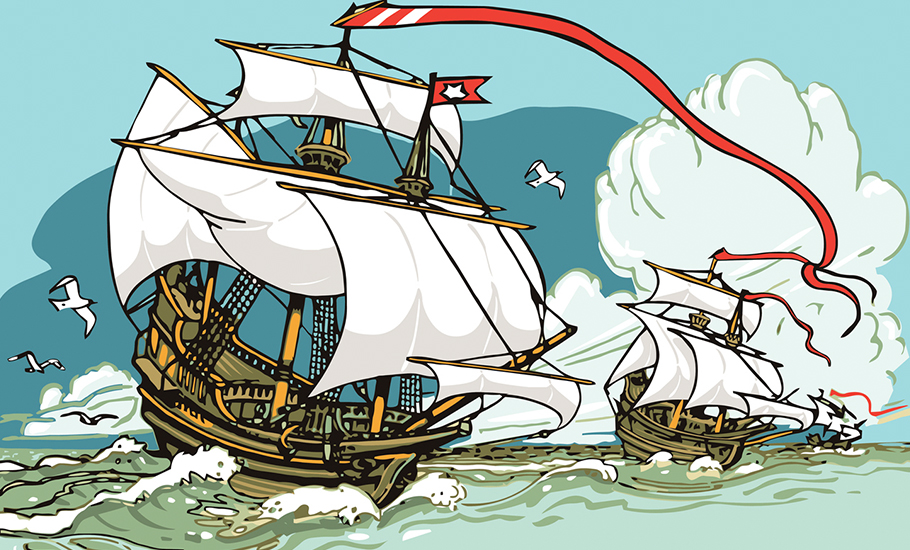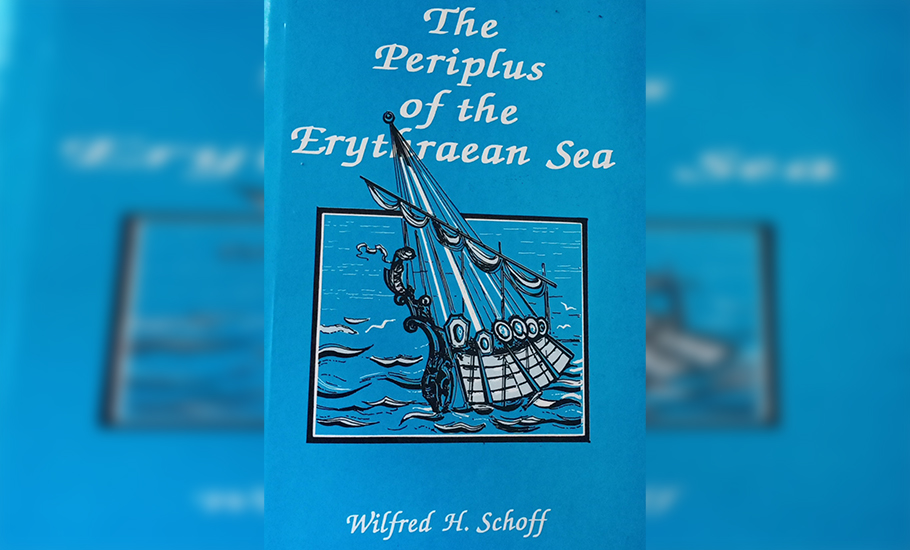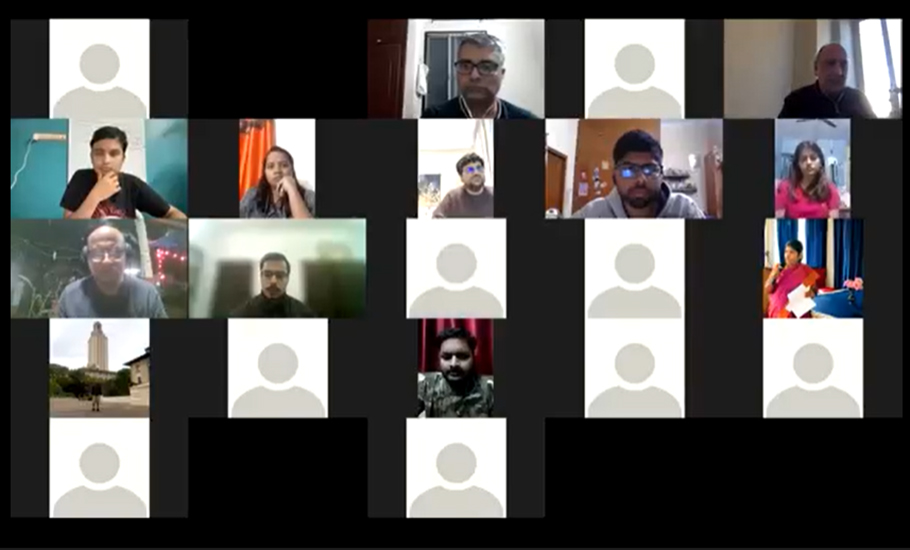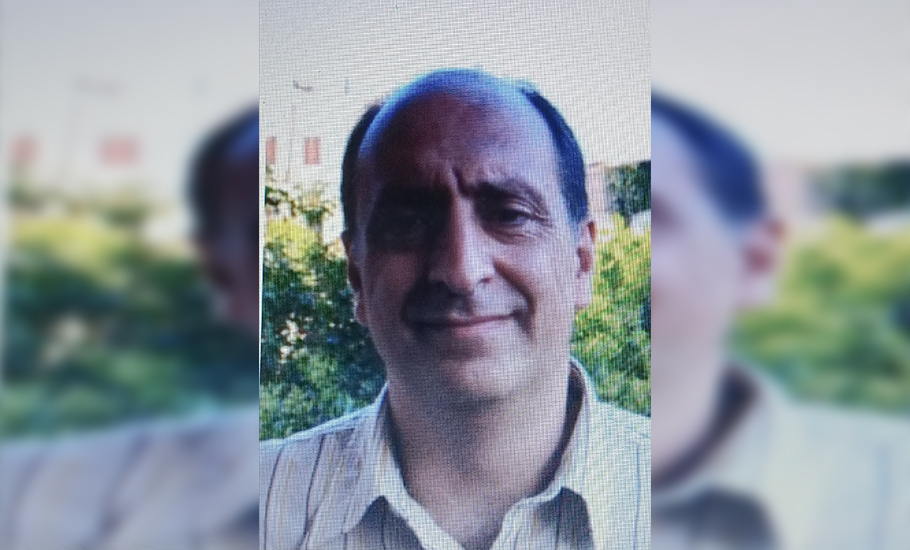
- Home
- News
- Analysis
- States
- Perspective
- Videos
- Education
- Entertainment
- Elections
- World Cup 2023
- Features
- Health
- Business
- Series
- Economy Series
- Earth Day
- Kashmir’s Frozen Turbulence
- India@75
- The legend of Ramjanmabhoomi
- Liberalisation@30
- How to tame a dragon
- Celebrating biodiversity
- Farm Matters
- 50 days of solitude
- Bringing Migrants Home
- Budget 2020
- Jharkhand Votes
- The Federal Investigates
- The Federal Impact
- Vanishing Sand
- Gandhi @ 150
- Andhra Today
- Field report
- Operation Gulmarg
- Pandemic @1 Mn in India
- The Federal Year-End
- The Zero Year
- Premium
- Science
- Brand studio
- Home
- NewsNews
- Analysis
- StatesStates
- PerspectivePerspective
- VideosVideos
- Entertainment
- ElectionsElections
- Sports
- Loading...
Sports - Features
- BusinessBusiness
- Premium
- Loading...
Premium

A 60-hour journey to ancient Greek records to understand the Indian Ocean

The Indian Ocean, bounded by Asia to the north, Africa to the west and Australia to the east, has been a site of human interaction for several millennia. The interactions have enabled the development of an interactive high-seas trade between many different regions spreading across the globe. But most records of the ancient trade and connections such as the Periplus Maris Erythraei (The...
The Indian Ocean, bounded by Asia to the north, Africa to the west and Australia to the east, has been a site of human interaction for several millennia. The interactions have enabled the development of an interactive high-seas trade between many different regions spreading across the globe. But most records of the ancient trade and connections such as the Periplus Maris Erythraei (The Periplus of the Erythraean Sea), Muziris Papyrus and Topographia Christiana are in Greek. While translations exist, a lot they say, is lost in translation.
They feel, translations notwithstanding, knowing the grammar and acquiring the skills of reading in Greek will help one understand those classical texts better.
A basic knowledge in Greek, according to them, is required for those who want to study more about ancient India and its maritime interactions. Keeping this in mind, the Centre for Indian Ocean Studies of Tamil University, Thanjavur, has started an online course to read classical texts related to India for research scholars and teachers. Titled Classical Greek Texts for Indian History, the tutor of the course is Federico de Romanis, scholar and author of many papers and books including The Indo-Roman Pepper Trade and Muziris Papyrus and Crossings: Early Mediterranean Contacts with India.

Students from various parts of India have already enrolled for this course. “This course will help develop a broader view of ancient Indian history and a deeper understanding of the Indian Ocean connections. All around the world, national universities meritoriously promote the study of their respective national heritages, but as we enter an age where cultures are increasingly interconnected, it seems necessary that the focus on the national angle is balanced by a global overview,” says Federico de Romanis, associate professor of Roman history at the Università di Roma ‘Tor Vergata’ in Rome, Italy.
The skills of reading and grammar are focussed in this 60-hour-long (in different sections) course. When we have a fairly good number of translations of the ancient Greek texts, how does learning classical Greek help?
“Any self-respecting historian should like to appreciate the documents he works on in the language they were written. As good as it may be, no translation will ever compensate for unfamiliarity with the original language. A historian who does not know the language of the documents he is commenting on is ultimately compelled to rely on somebody else’s interpretation,” says Federico de Romanis. “We’ll also be commenting on the information provided by the text, which is extremely important for Indian Ocean’s history,” he added.

Due to the ubiquitousness of Greek speaking merchants in the trade centres of the western Indian Ocean, Greek was the vehicular language there. As a consequence, many pertinent documents are written in Greek. Important sources for maritime interactions in the Western Indian Ocean during Antiquity, such as the Periplus Maris Erythraei, the Muziris Papyrus, and Topographia Christiana are in Greek. “It is important for Indian students in the history of ancient Indian Ocean to read them in their original language, as it is for Western students to read in their original language pertinent Indian documents in Tamil and Prakrit. I think it is necessary for those who want to do research on India’s maritime interactions to learn Greek,” he says.
Speaking on the importance of the course, V Thiruvalluvan, vice chancellor of the Tamil University, said Indian Ocean is an important cultural region of the world from the prehistoric times and it has an interesting history. “People, ideas and commodities have crossed the Ocean since time immemorial. To understand the history of the Indian Ocean, we need to critically read the primary sources, which are available in various languages. Unfortunately, many of the students and researchers do not have access to the primary sources due to lack of language skills. We seek to address this gap by undertaking such skill development programmes for the benefit of researchers and students,” he said, after inaugurating the course on January 29 this year.
The 60-hour-long course is being conducted in 30 sessions. The course imparts the basic knowledge in Greek required for the students to read the primary sources, mainly pertaining to the Classical period. “Knowledge of Greek is useful for the students who want to do research on maritime interactions of the Indian Ocean. The texts of Periplus, Pliny, Ptolemy have information on India. While reading the original texts written in Greek, they might be able to come up with new interpretations. Most often scholars depend on translation, while reading the original they can get a better understanding,” says V Selvakumar, coordinator for Centre for Indian Ocean Studies, Tamil University.
Archaeology student Bhorai Adhikari says she opted for the course to pursue her studies in maritime trade and museums. “I am sure the course will help me in my higher studies. It is a great opportunity to learn ancient Greek from a scholar like Federico de Romanis. The mode of training is good and I am able to pick up things fast,” says Bhorai, a second-year archaeology student at Maharaja Sayajirao University in Vadodara.
Hemant Vijayshankar Dave said he enrolled for the course the moment he saw Tamil University’s brochure. “Translations of many ancient Greek works available today are done with limited sources. If we read the original texts in Greek, we will be able to evaluate those sources in a better way. We will understand what the translations missed only when we read the originals. That’s why I joined the course when I heard about it,” said Hemant Vijayshankar Dave, who teaches history at the Sardar Patel University, Gujarat.

Learning a new language is fine, but does the process end in just 60 hours?
“We began with the alphabet, and now started reading words. Even though the classes are being held on the weekends (Saturday and Sunday), we spend a lot of time from Monday to Friday practising what we have been taught. Romanis is ready to help us anytime,” says Dave. “The Periplus of the Erythraean Sea is an account of travel and trade in the Indian Ocean by a merchant of the first century. It helps us understand the first record of organised trading with the nations of the East, in vessels built and commanded by subjects of the Western world. “The book was written in the form of notes. There are differences of opinion about its translations among scholars. The ongoing course will definitely help me find out the truth,” he says.

